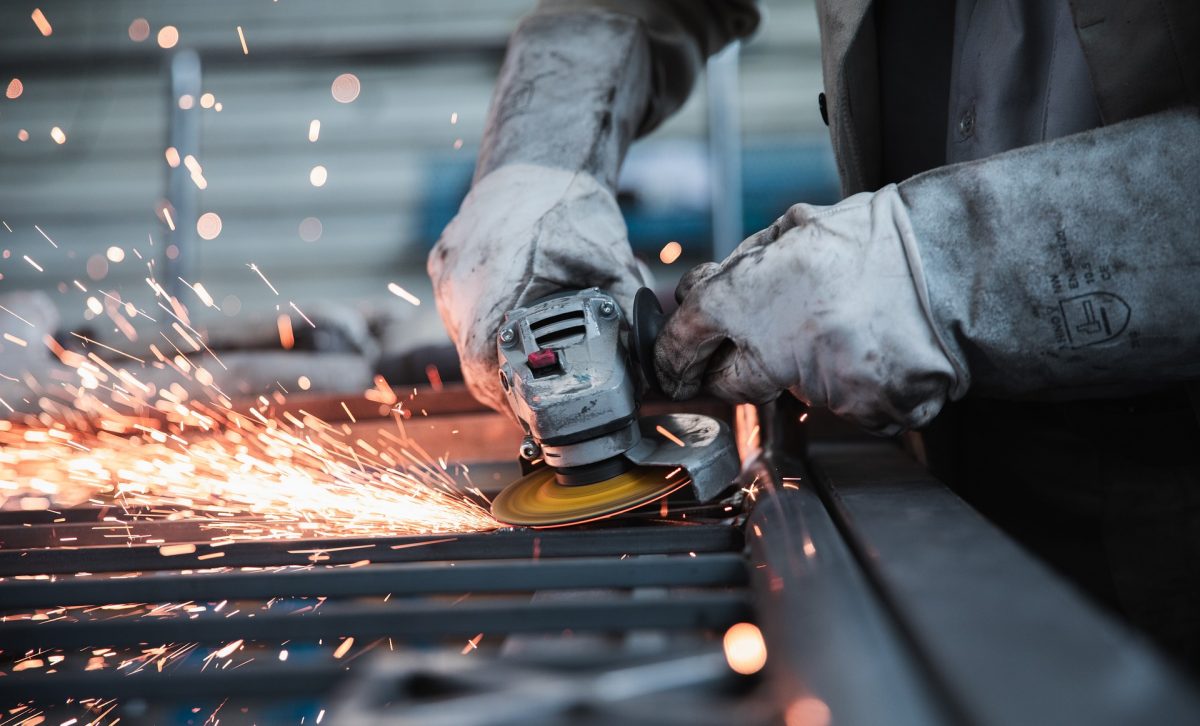Internet of Things technology is revolutionizing the manufacturing industry, and there are several ways in which manufacturers and businesses can start investing in IoT solutions. Manufacturing is one of the largest industries in the world, with demand growing every day. The IoT provides countless opportunities for optimization, cost reduction, and improved performance.
With so many options, though, deciding where to start investing in IoT tech can be challenging. These easy tips will help.
How to Start Investing in IIoT
The particular niche of Internet of Things technology that is purpose-designed for industrial applications is referred to as Industrial IoT or IIoT. These IoT tools are specially made for the scale and intensity of manufacturers’ needs and will be ideal for holding up to the demands of the supply chain and production process.
When deciding what specific IIoT solution to invest in, a good place to start is with an analysis of the manufacturing process as-is. Identify an area or step that shows particular promise for optimization through IoT and focus on successfully improving that area with IoT first. From there, IIoT can be applied to another area or step.
Taking things one new innovation at a time can help keep the production process stable while increasing technological integration. Additionally, this process is beneficial for employees, who need time to learn about and adapt to new technologies in the workplace.
Top Internet of Things technology Uses in Manufacturing
There are countless ways of implementing IIoT in manufacturing, but a few have become especially popular. IoT is great at collecting data and streamlining automation, so processes that are repetitive or prone to human error tend to be good for IoT integration.
1. Quality Control
While quality control is absolutely necessary for a positive customer experience, it can be a highly time-consuming process. The time it would take to analyze each and every unit is simply too intense for manufacturers to meet demand effectively. Luckily, investing in Internet of Things technology can change this.
With a few IoT sensors, each individual unit can be quickly and accurately analyzed in seconds. Things like cameras or heat sensors are good for this application, though the right sensors will depend on the specific industry or product needs. The IoT sensor system can be set up so that it automatically reports any defects in real-time and flags units that appear to be damaged or otherwise flawed.
2. Inventory Management
When it comes to inventory management, the top Internet of Things technology solution sweeping the manufacturing industry is RFID asset tracking. This technology consists of attaching unique RFID tags to units, shelves, bins, or any similar storage solution. These tags can then be remotely tracked through every step of the manufacturing process.
This is a great way to accurately and precisely keep track of inventory in real-time, making it an ideal starting place for manufacturers with sprawling inventory needs. As an added bonus, RFID tracking can enable robotic process automation (RPA) options for inventory management, as well.
3. Predictive Maintenance
Maintenance is an integral part of keeping the supply chain running at peak efficiency, but it doesn’t have to require expensive repair costs or production delays. IoT sensors can be used to track the health of machinery and equipment and detect maintenance needs before they can develop into major problems.
Collecting data on equipment health can also help identify which parts may be due for testing or which equipment tends to suffer most, indicating potential areas for improvement.
4. Cost Reduction
Cost reduction is always beneficial in manufacturing, for consumers as well as businesses. IoT solutions are excellent for saving money throughout the production process. One common way of achieving this is through waste reduction. IoT can help manufacturers assess their exact materials needs so they don’t have to order excess.
Additionally, Internet of Things technology applications can help reduce materials or units wasted on errors and damage. An example is utilizing IoT for quality control, as mentioned above. An additional benefit of implementing IoT for these purposes is that it tends to make the manufacturing process more sustainable by reducing wasted supplies. Given the rising demand for sustainability in manufacturing, this is important to note.
5. Training and Repairs
One particularly interesting use of Internet of Things technology in manufacturing is integrating augmented reality, or AR, for a cutting-edge training and employee assistance system. For example, Caterpillar uses AR-integrated IoT to display equipment health at a glance and easily walk employees through repairs. The AR technology displays the exact placement of replacement parts, for example, onto the real-world machine, making the repair process much smoother than using instruction manual drawings.
This same technology can also be used to help train new employees, like showing them data about the warehouse as they walk through it or displaying an AR map to help them get around.
Innovation With Internet of Things technology
Internet of Things technology is capable of revolutionizing the manufacturing process from top to bottom. With many options available, virtually any manufacturer can find solutions that work for them, regardless of scale, niche, or product type. IoT is changing the world and its innovations are bringing manufacturing into the future.
source : manufacturingtomorrow.com








